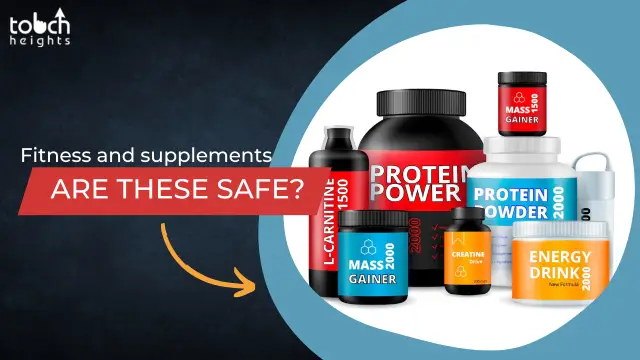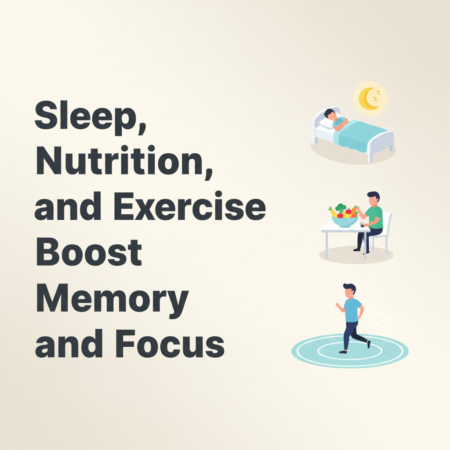It’s simple to become confused in the realm of sports nutrition if you’re just starting out or even if you’re an accomplished professional.
To put it simply and at a very granular level, our diet and nutrition build up who we are. Whatever your objectives in life may be, whether they are related to general fitness or anything else, they are seldom likely to be met without the support of a tailored diet.

Accordingly, it only becomes necessary for athletes and sportsmen to adhere to a tight and controlled diet when it comes to sports and nutrition. Sportsmen need the aforementioned specific diet and knowledge of sports nutrition courses to exercise, recover, and perform. Making a mistake might result in underperformance and dissatisfaction. The advantage you require to achieve might be yours if you do it correctly.
What is sports nutrition?
The study and practice of a diet or exercise plan intended to improve athletic performance are known as sports nutrition. Optimum performance is accomplished by delivering the right quantity of food type (protein, carbohydrates, fats, fiber, etc.), fluids, and minerals to optimize energy and assist sports recovery. It’s particularly prevalent in activities that require strength and endurance. Because athletes require different nutritional amounts than non-athletes, sports nutrition differs from conventional nutrition.
Sports Nutrition Basics
Everyone should be sure to eat and drink in moderation, and those who take part in sports should be aware that this might have an impact on performance. Your performance depends heavily on your dietary plan. For instance, a person training for bodybuilding competitions may need to eat more protein, whereas athletes may need more calories than the average person.
Nutrients
For the body, nutrients are like gasoline. We need to eat a balanced diet of nutrients that can support our daily lives for our physical and mental health to be strong and healthy. not simply before and after engaging in athletic exercise. Among the essential nutrients are:
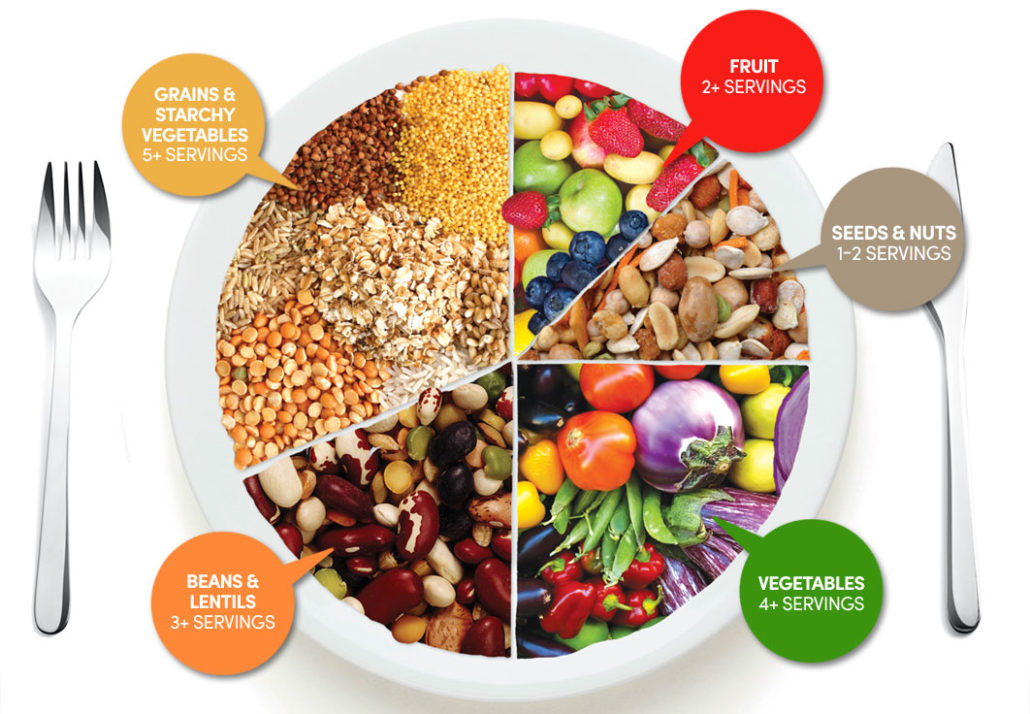
Carbohydrates
The two primary categories of carbohydrates are simple sugars and starchy or complex carbs. Simple sugars are carbs that impart a sweet taste to refined foods like white bread and sugary cereals. Due to their natural presence in dairy products, fruit, and vegetables, they can be used as sweeteners in place of other sweeteners such as white sugar, brown sugar, honey, molasses, maple syrup, etc. It is best to get your simple sugars from foods where they naturally occur since these foods also include fiber, a vital nutrient. Although the body uses all sugars we eat, whether they are added or naturally occurring, in the same way, it is preferred to do so.
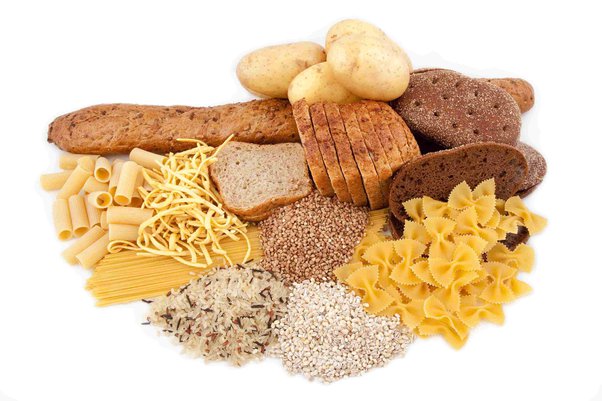
Simple carbohydrates, often known as starches, include grains like bread, pasta, and rice. Similar to how there are some simple sugars, certain complex carbohydrates are better than others. Since the minerals and fiber have been removed, processed refined grains like white rice and white flour are less favorable.
Fats
Any diet needs fat because it helps with food absorption and is a great source of energy. Even though fats are necessary, we should nonetheless try to limit our consumption. Large doses may increase the risk of serious health problems and contribute to uncontrollable weight gain.
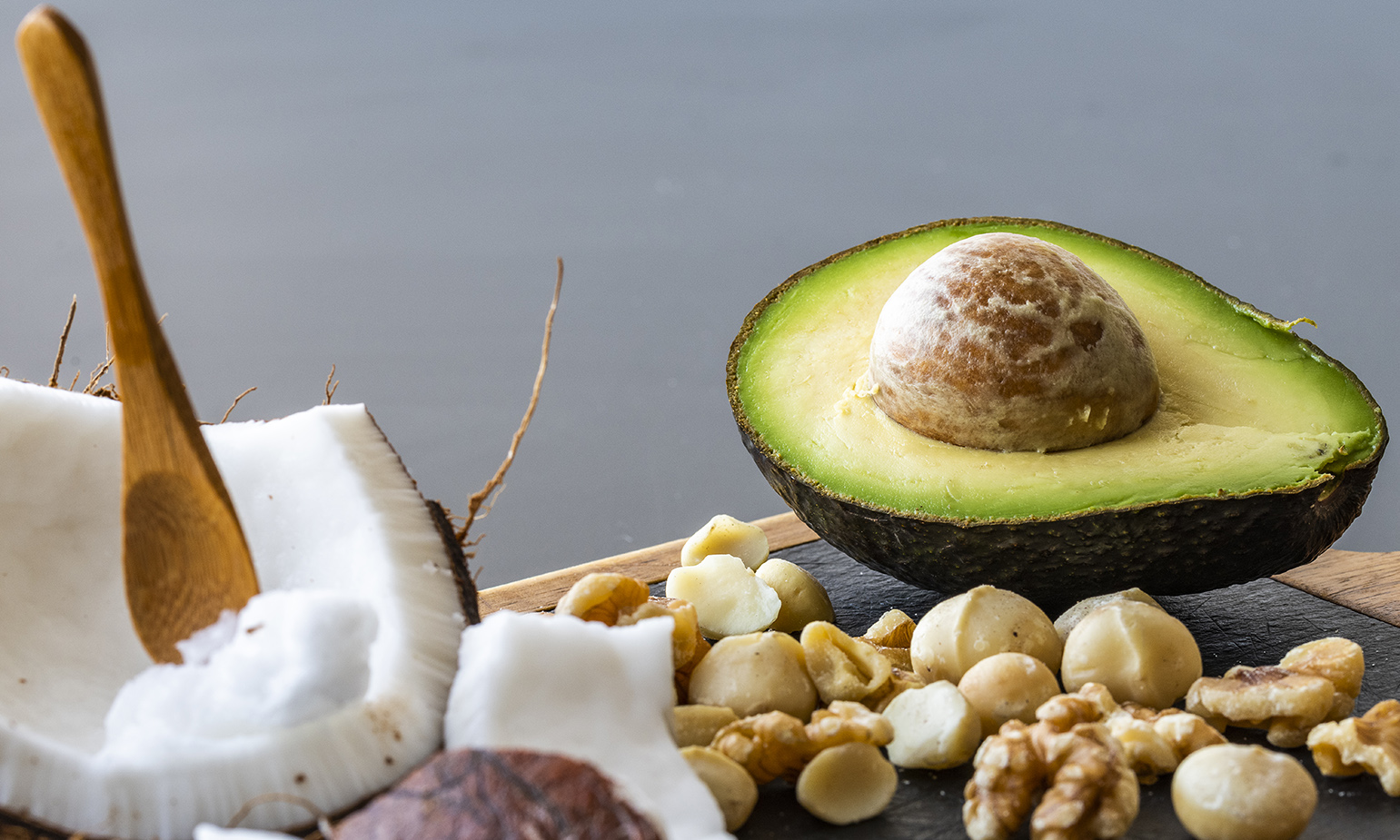
Saturated fats are typically present in animal products and processed foods like meat and dairy. This type of fat is not thought to be helpful for your heart and is known to raise your levels of LDL (bad) cholesterol.
Protein

Protein is a component of every cell in the body and is essential for supporting tissue production and repair. It is used to make enzymes, hormones, and several other vital body parts in addition to providing the building blocks for bones, muscles, cartilage, skin, and blood.
Foods strong in protein include meat, fish, eggs, lentils, nuts, seeds, and soy products.
Supplements in Sports Nutrition
To improve their strength, performance, and recuperation, athletes, bodybuilders, and sportspeople frequently utilize supplements. They come in a variety of forms, including multivitamins, minerals, and “ergogenic” supplements like protein, creatine, and other substances.

Before choosing to use any kind of supplement, people should make sure their diet is nourishing, balanced, and appropriate for their sport. If someone does want to take additional nutrients in the form of supplements, they should always consult with a qualified nutritionist with experience in sports nutrition or a licensed sports dietitian before doing so. They will be able to determine whether you are a good fit for a certain supplement.
The following is a list of common sports supplements:
- Sports food: sports beverages, bars, and gels, as well as liquid meal supplements, electrolyte supplements, and protein supplements
- Supplements for health: Omega-3 fatty acids, calcium, iron, vitamin D, and multivitamins and minerals
- Performance-enhancing drugs: beta-alanine, nitrate, sodium bicarbonate, caffeine, and creatine.
Conclusion:
You can be a competitive athlete or an active adult who exercises for health benefits. Whatever the situation, sports nutrition will be crucial to your performance. The main focus of sports nutrition is eating for objectives. It can increase workout recovery, boost athletic performance, and help you achieve your goals.

